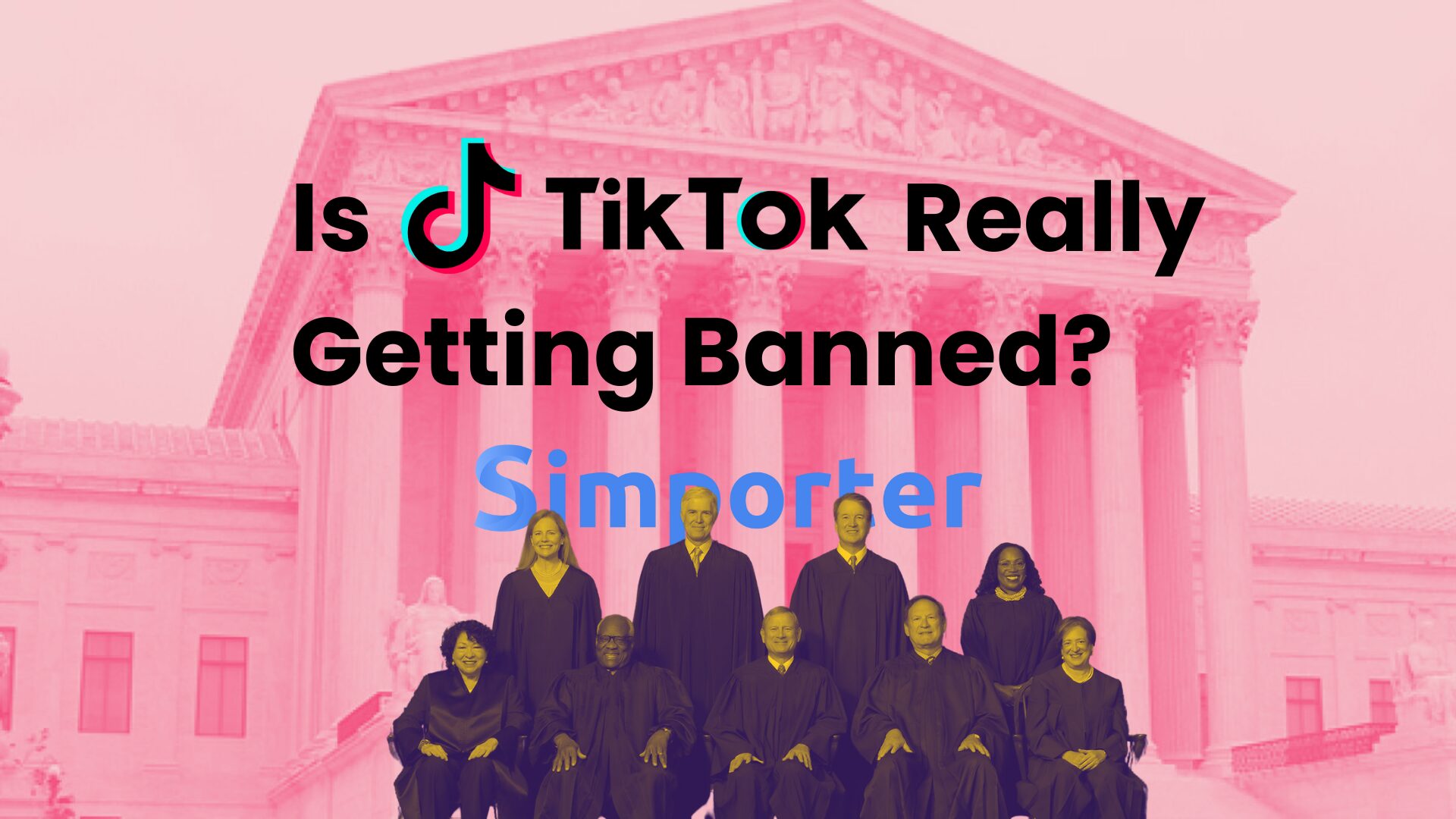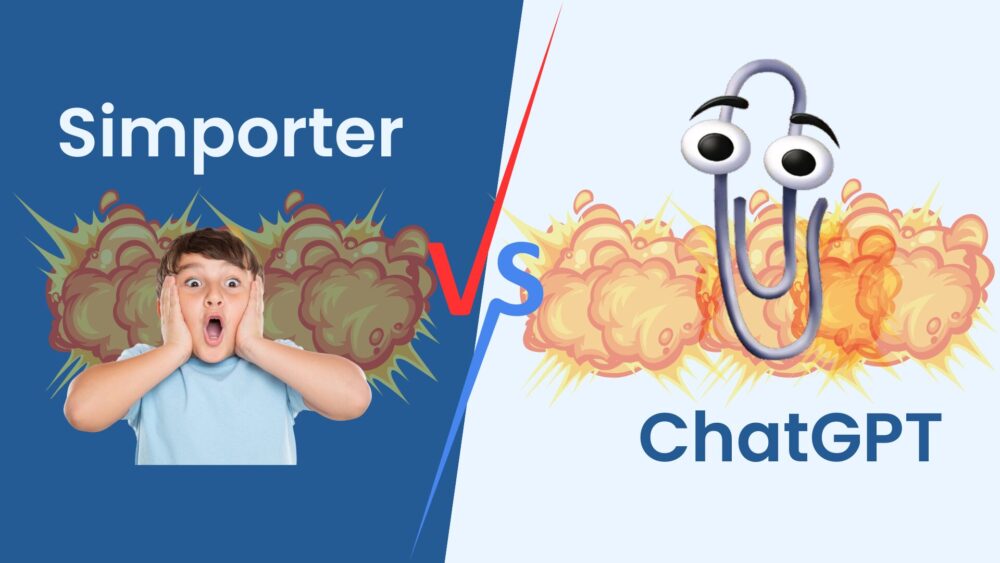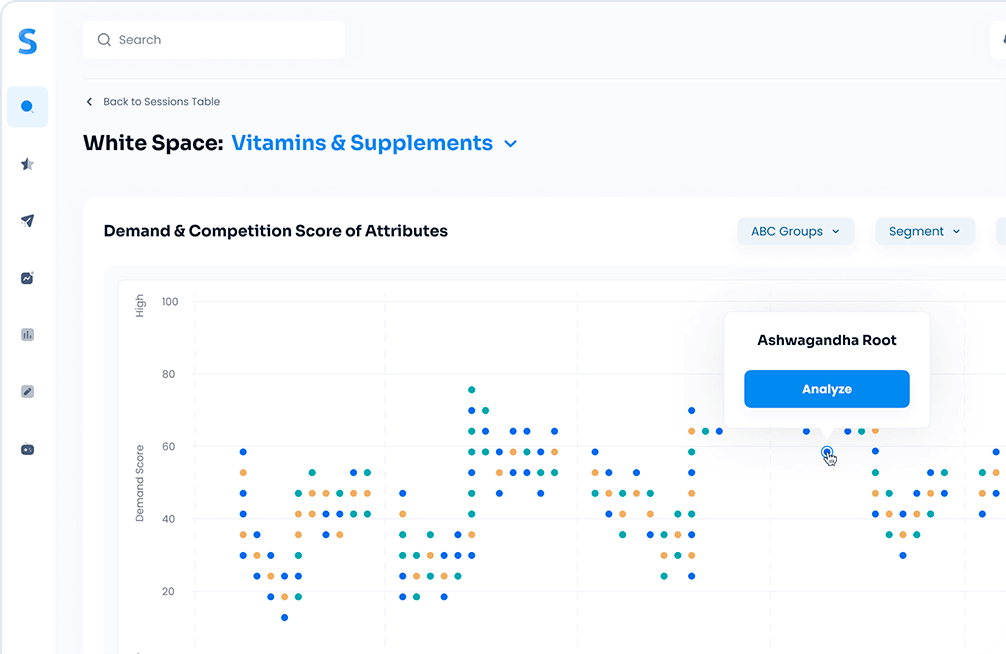TikTok has been at the center of debates and court cases in the United States over whether it will be banned. The reason behind this discussion is the app’s connection to ByteDance, a Chinese company, and concerns about national security. This concern stems from the potential that the Chinese government could use TikTok to track users’ behavior, influence their decisions, or even sway elections.
However, despite these worries, it’s unlikely that TikTok will be banned anytime soon. The legal battles are ongoing, and the situation is more complex than it appears.
The Government’s Argument Against TikTok
The U.S. government has raised national security concerns about TikTok. They argue that TikTok could allow foreign influence on American users. ByteDance, TikTok’s parent company, has refused to sell the app to a U.S.-based company, which was proposed as a way to address these concerns. This refusal has escalated tensions, with some government officials saying the app should be shut down entirely.
The fear is rooted in the possibility that the app’s algorithms and data collection could be used to gather sensitive information about U.S. citizens or spread propaganda. Social media’s role in shaping public opinion during elections has made platforms like TikTok even more scrutinized. The government believes that banning TikTok is a necessary step to protect national security.
The Role of the Courts
The case has reached an appeals court, which ruled that the government has the right to restrict platforms in situations where foreign entities pose a threat. While the First Amendment guarantees freedom of speech, the court clarified that banning a platform like TikTok does not infringe on individual users’ rights to free speech—it only removes the platform itself.
The issue is now headed to the Supreme Court, which will decide whether the government can move forward with banning the app. This decision will likely set a precedent for how similar cases are handled in the future.
Why a TikTok Ban Is Unlikely
While the legal process unfolds, there are reasons to believe TikTok won’t be banned. One factor is the political influence surrounding the case. For instance, former President Donald Trump submitted an unusual statement to the Supreme Court. His statement wasn’t a typical legal brief but more of a personal appeal, asking the court to delay its decision. Trump argued that this issue should be resolved when he is back in office, as he believes he has a better approach to handling TikTok.
Trump’s statement has added a strange twist to the case, as it highlights the political and personal motivations behind some of the arguments. It’s also worth noting that TikTok has a significant user base in the U.S., including many creators who rely on the platform for income. Banning the app could lead to backlash from both creators and users.
The Bigger Picture: Real Cyber Threats
While TikTok has been the focus of many discussions, there are other, more immediate threats from cyberattacks. For example, it was recently reported that Chinese hackers accessed U.S. Treasury Department accounts. This breach targeted officials working on trade and tariffs, potentially gaining sensitive information. Such attacks are far more direct and damaging than the hypothetical risks associated with TikTok.
In the past, there have been several high-profile cyber incidents involving the theft of confidential information. From leaked military documents to compromised infrastructure like power grids and dams, these hacks demonstrate the real dangers of cybersecurity threats. Compared to these attacks, the concerns about TikTok influencing public opinion seem less urgent.
Where Should the Focus Be?
The debate over TikTok highlights a broader issue: how the U.S. should address cybersecurity threats. Instead of focusing solely on TikTok, the government might achieve more by addressing proven threats, like hacking and data breaches. Strengthening defenses against these attacks would likely have a greater impact on national security.
TikTok’s case also raises questions about how social media companies operate in the U.S. and what regulations are needed to ensure user data is protected. Moving forward, balancing security concerns with individual freedoms will be crucial for creating fair and effective policies.
The Impact on TikTok Users
If TikTok were banned, millions of users in the United States would be affected. TikTok isn’t just a fun app for sharing videos; it’s also a source of income for creators, a marketing tool for businesses, and a place for communities to connect. Many people have built their careers and brands around TikTok. Losing access to the platform would leave them scrambling for alternatives.
Some creators might move to other apps like Instagram or YouTube, but it’s not always easy to rebuild an audience. TikTok’s unique format and algorithm allow users to reach large audiences quickly, which has been a big part of its appeal. No other platform offers quite the same opportunities.
Businesses that rely on TikTok for advertising would also face challenges. TikTok’s ability to reach younger audiences makes it a valuable tool for companies. A ban would force them to find new ways to connect with these consumers.
Why People Love TikTok
TikTok has become popular for many reasons. Its short video format is easy to use, and its algorithm quickly learns what users like. People can find content on almost any topic, from funny videos and dance challenges to educational tips and cooking tutorials.
The app also allows anyone to go viral, even if they don’t have a lot of followers. This makes it exciting for creators and gives users a sense that they can make an impact. TikTok feels like a level playing field, which is part of its charm.
For many users, TikTok is also a way to escape and have fun. The app’s lighthearted and creative content provides entertainment and connection during tough times. This emotional connection is another reason so many people are passionate about keeping TikTok available.
Balancing Security and Freedom
The TikTok debate brings up an important question: How can we keep the internet safe while still allowing people to use the tools they love? National security is a real concern, but it’s also important to protect people’s rights and access to technology.
Some experts think that creating stricter rules for how apps handle user data could be a solution. This would address privacy and security concerns without banning the platform entirely. Others suggest that the U.S. government could monitor TikTok’s operations more closely to ensure it isn’t being used for harmful purposes.
Finding a balance between security and freedom isn’t easy, but it’s necessary. The outcome of the TikTok case could shape how the government approaches similar situations in the future.
What Happens Next?
For now, TikTok is still available in the United States, and millions of people continue to use it every day. The Supreme Court’s decision will likely determine whether TikTok remains or is banned. However, this process could take time, and there’s no guarantee of a quick resolution.
Meanwhile, TikTok’s parent company, ByteDance, has made efforts to address concerns. For example, they’ve promised to store U.S. user data on American servers to reduce the risk of interference from the Chinese government. While these efforts may help, they haven’t fully satisfied the U.S. government.
Conclusion: The Future of TikTok
TikTok’s future in the United States remains uncertain, but one thing is clear: It has become a major part of many people’s lives. Whether you use TikTok for entertainment, education, or business, it’s hard to imagine a world without it.
At the same time, the debate over TikTok highlights the importance of cybersecurity and the need to protect personal data. As technology continues to evolve, these issues will only become more important.
For now, TikTok users can continue enjoying the app while the courts decide its fate. Whatever happens, this case is a reminder of how powerful and complex the digital world has become. Balancing innovation, security, and freedom will be a challenge we face for years to come.









